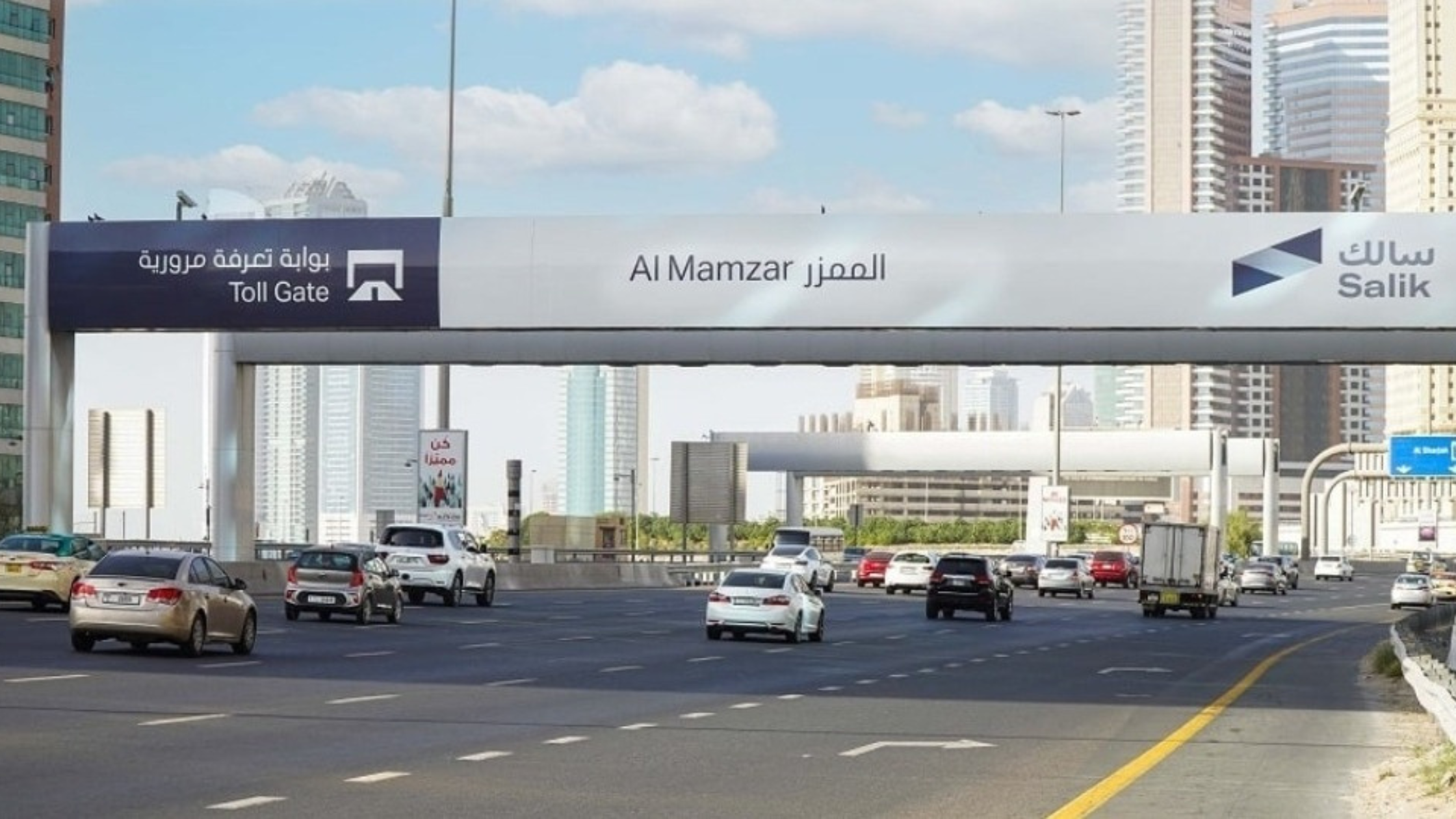Fitch Solutions Predicts Egypt’s Gradual Economic Improvement by 2028

Egypt’s economic trajectory is showing cautious signs of recovery as Fitch Solutions projects a gradual improvement in key financial indicators through the fiscal year (FY) 2027/2028. In a statement released by the Egyptian Cabinet Media Office, the global financial consultancy firm forecasts a positive outlook supported by rising revenues, more efficient public spending, a narrowing budget deficit, and a declining public debt burden. These projections are being interpreted as signs of progress resulting from the government’s continued implementation of macroeconomic reforms.
Revenue Gains to Outpace Spending Increases
According to Fitch Solutions, Egypt’s government revenues are expected to grow by 38.5% over the stated period, surpassing the anticipated 30.6% increase in expenditures. This outlook demonstrates the potential success of fiscal reforms aimed at bolstering the state’s financial health. Egypt has implemented strategies to expand its revenue base, including comprehensive tax reforms, digitalization of revenue systems, and the inclusion of the informal sector into the formal economy.
This growth in revenue indicates enhanced efficiency in tax collection, improved financial oversight, and efforts to create sustainable funding sources. As government authorities work to expand their fiscal reach, they are simultaneously attempting to stimulate economic productivity through these targeted reforms. Revenue expansion, especially when surpassing the rate of spending, signals progress toward a more balanced and resilient fiscal policy environment
Furthermore, increased revenues enable the government to fund critical sectors such as healthcare, education, and infrastructure without significantly increasing public debt. This sets the foundation for better service delivery to citizens while reinforcing investor confidence in Egypt’s economic stability.
Steady Reduction in Budget Deficit
In addition to gains in revenue, Fitch Solutions projects that Egypt’s budget deficit will decrease by approximately 1.6 percentage points of GDP over the forecast period. Though modest, this reduction is meaningful when considering the broader context of Egypt’s recent fiscal challenges. A narrowing deficit implies better financial discipline and more strategic public investment planning.
Budget deficit reduction enhances macroeconomic stability and contributes to greater fiscal sustainability. This change reflects the government’s determination to curb unnecessary expenditures and prioritize investments that stimulate growth. It also suggests that fiscal responsibility has become a core tenet of Egypt’s financial management policies.
A leaner budget deficit has the added advantage of supporting the country’s long-term creditworthiness and reputation in international markets. As the gap between revenues and expenditures closes, Egypt is better positioned to manage economic shocks and reduce reliance on external borrowing.
Public Debt Expected to Decline
Among the most encouraging forecasts by Fitch Solutions is the projected decline in Egypt’s public debt. According to the report, government debt is expected to shrink by 12.5 percentage points of GDP by FY 2033/2034, bringing the total to 50.2%. This projection is considered a significant milestone in Egypt’s efforts toward fiscal consolidation and sustainable economic governance.
Reducing public debt has been one of the most pressing challenges for Egypt, particularly in the aftermath of global economic disruptions. Achieving this reduction will require disciplined budget execution, strategic debt management, and continued emphasis on attracting long-term investments. The government is aiming to improve the quality of spending and ensure that debt is directed toward infrastructure, industrial development, and other productive assets.
A lower public debt ratio also opens the door for enhanced global financial integration and improved credit ratings. As Egypt brings its debt levels under control, borrowing costs could decrease, further freeing up resources for developmental purposes.
Long-Term Impact of Government Reforms
The favorable forecasts outlined by Fitch Solutions are largely attributed to the structural reforms being implemented across various sectors in Egypt. These reforms are designed to modernize the economy, attract foreign investment, and promote inclusive growth. They range from liberalizing the energy market and reforming subsidies to improving governance and enhancing public-private partnerships.
Reforms in education and labor markets are particularly crucial in shaping a more competitive workforce. Investments in skill-building and vocational training aim to prepare citizens for future employment opportunities, especially in technology-driven sectors. Meanwhile, infrastructure upgrades are making it easier for businesses to operate and expand.
The Egyptian government’s emphasis on transparency and accountability in public service delivery further boosts the reform agenda. By ensuring better fiscal reporting and policy implementation, these reforms contribute to a more stable and credible economic environment.
Role of International Financial Institutions
Egypt’s economic policies are also supported by international financial institutions (IFIs) like the International Monetary Fund (IMF) and the World Bank. These partnerships have helped Egypt access critical funding, policy advice, and technical support. IMF-backed programs have focused on fiscal discipline, monetary policy, and structural reform, laying the foundation for improved macroeconomic indicators.
According to Fitch Solutions, maintaining cooperation with IFIs can help Egypt sustain progress, enhance transparency, and secure investor confidence. External support complements internal reform and ensures that Egypt’s strategies align with global standards. It also enables the government to better weather economic downturns and external shocks.
By adhering to the policy recommendations of these institutions and meeting performance benchmarks, Egypt can continue to benefit from concessional financing and capacity-building initiatives. This external engagement plays an important role in the country’s fiscal and economic sustainability.
Private Sector Development and Investment Climate
The private sector is at the heart of Egypt’s future economic vision. Encouraging entrepreneurship, improving the regulatory environment, and fostering innovation are central to ongoing reform initiatives. The government is actively streamlining business registration processes, reducing bureaucratic barriers, and offering incentives for foreign direct investment (FDI).
Fitch Solutions recognizes that a thriving private sector will be crucial for job creation, technology transfer, and economic diversification. With targeted support mechanisms and enhanced access to credit, small and medium-sized enterprises (SMEs) are being empowered to drive innovation and economic dynamism.
Special economic zones, industrial parks, and investment treaties are being leveraged to boost Egypt’s global competitiveness. These efforts aim to establish the country as a regional hub for manufacturing, logistics, and services. As a result, private sector-led growth is expected to accelerate over the next several years.
Challenges and External Risks
Despite the positive outlook, several external and internal challenges remain. Global economic volatility, geopolitical tensions, rising commodity prices, and environmental risks all pose potential threats to Egypt’s fiscal progress. The country’s dependence on food and energy imports makes it vulnerable to global market fluctuations.
Domestically, high unemployment, inflation, and income inequality require careful policy calibration to ensure that the benefits of growth are equitably distributed. Maintaining the momentum of reform while ensuring social stability is a balancing act that the government must manage skillfully.
In light of these risks, contingency planning, diversification of trade partners, and a focus on food and energy security are increasingly vital. Proactive measures will help mitigate the impact of global disruptions and ensure continuity in economic development.
Outlook for Key Economic Sectors
Several sectors are poised to drive Egypt’s economic expansion in the medium term. Tourism is witnessing a gradual rebound supported by infrastructure development, cultural preservation, and marketing campaigns. The sector remains a vital source of foreign exchange and employment.
The construction and real estate sectors are expanding rapidly, fueled by national projects like the New Administrative Capital and housing programs. These developments are also stimulating demand in auxiliary industries such as cement, steel, and transportation.
Energy remains a cornerstone of Egypt’s growth strategy. The government is investing heavily in renewables and natural gas exploration, positioning itself as an energy exporter and regional hub. At the same time, digital transformation and investment in the ICT sector are creating new opportunities for youth and entrepreneurs.
Gradual but Promising Economic Transition
Fitch Solutions’ forecast underscores a cautiously optimistic outlook for Egypt’s economy over the coming years. The anticipated improvements in revenue generation, deficit reduction, and debt sustainability reflect the government’s strategic focus on reform and resilience. While the path to full recovery is gradual, the foundations for economic stability and long-term growth are being carefully laid.
The success of this transition will depend on consistent policy implementation, adaptability to global changes, and commitment to inclusive development. Egypt is moving through a phase where sound economic governance, combined with strong public-private partnerships and international cooperation, can usher in a more prosperous and sustainable future.







